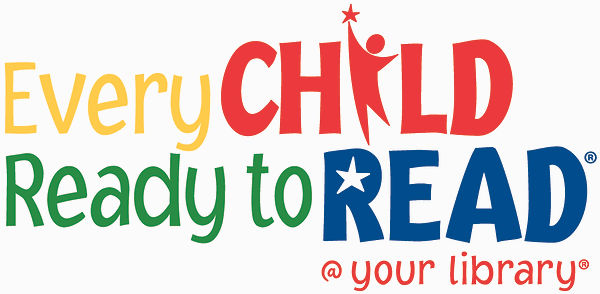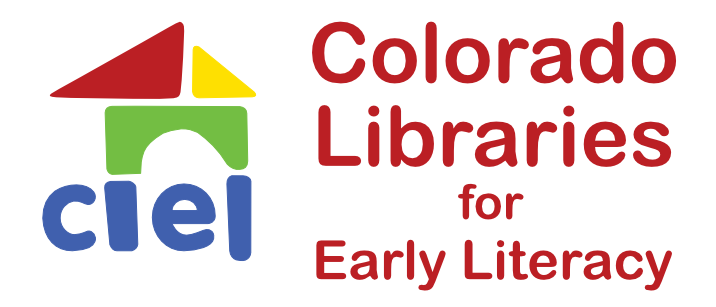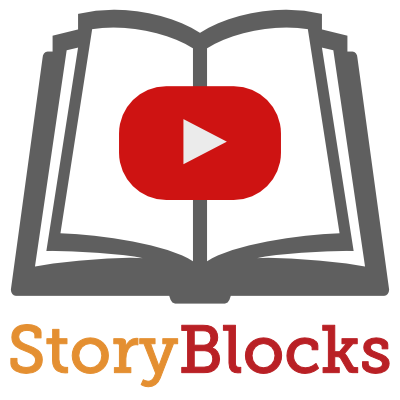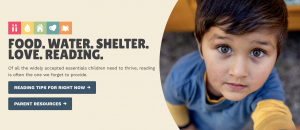
Early Literacy Resources & Information for Parents & Caregivers
What is early literacy?
Early literacy is what children know about reading and writing before they can actually read and write. Research shows that children get ready to read years before they start school. You can help your preschooler learn important skills now so they can become good readers.
Why is early literacy so important?
The first three years of a child’s life are crucial for developing intellectual and motor skills that will be used for the rest of their lives. In fact 80% of the brain is developed by age three. It’s so easy to begin the interactions that will make a lifelong difference for your child.Engage your child in ways that promote healthy development. Simple activities such as reading, singing, talking, playing, writing and laughing contribute to a child’s wellbeing when introduced and practiced from birth to three years of age. The earlier a child engages in these activities, the better they will succeed.
You are your child’s first teacher, and your home is where your child begins to learn.
Tips for Parents of Preschoolers, by Reading Rockets
The early years are critical to developing a lifelong love of reading. You can’t start reading to a child too soon!
Read together every day.
- Read to your child every day. Make this a warm and loving time when the two of you can cuddle close together. Bedtime is an especially great time for reading together.
Give everything a name.
- You can build comprehension skills early, even with the littlest child. Play games that involve naming or pointing to objects. Say things like, “Where’s your nose?” and then, “Where’s Mommy’s nose?” Or touch your child’s nose and say, “What’s this?”
Say how much you enjoy reading together.
- Tell your child how much you enjoy reading with him or her. Look forward to this time you spend together. Talk about “story time” as the favorite part of your day.
Read with fun in your voice.
- Read to your child with humor and expression. Use different voices for different characters. Ham it up!
Know when to stop.
- If your child loses interest or has trouble paying attention, just put the book away for a while. Don’t continue reading if your child is not enjoying it.
Be interactive.
- Engage your child so he or she will actively listen to a story. Discuss what’s happening, point out things on the page, and answer your child’s questions. Ask questions of your own and listen to your child’s responses.
Read it again and again and again.
- Your child will probably want to hear a favorite story over and over. Go ahead and read the same book for the 100th time! Research suggests that repeated readings help children develop language skills.
Talk about writing, too.
- Draw your child’s attention to the way writing works. When looking at a book together, point out how we read from left to right and how words are separated by spaces.
Point out print everywhere.
- Talk about the written words you see in the world around you and respond with interest to your child’s questions about words. Ask him or her to find a new word every time you go on an outing.
Get your child evaluated if you suspect a problem.
- Please be sure to see your child’s pediatrician or teacher as soon as possible if you have concerns about his or her language development, hearing, or sight.




